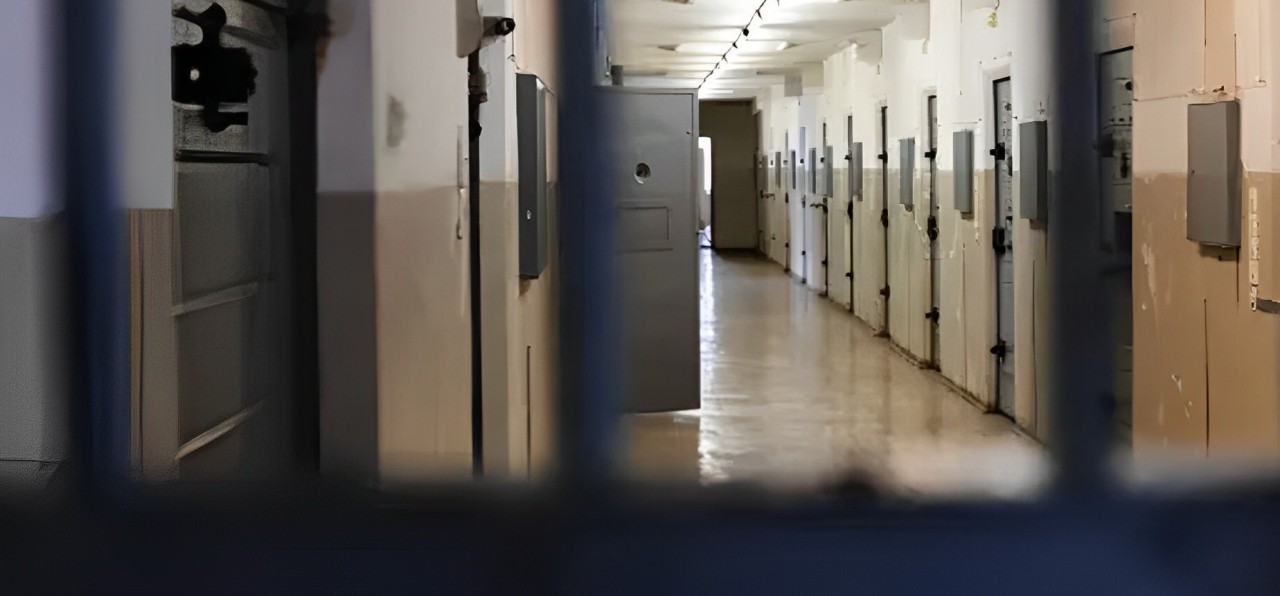
Muslim women in our prisons endure relentless discrimination and cultural stigma solely due to their faith, yet successive governments remain deafeningly silent.
The appointment of Shabana Mahmood as Justice Secretary—a Muslim woman—sparked hope for transformative change. Instead, the plight of Muslim women prisoners remains unchanged, trapped in a system riddled with injustice.
The documentary Inside Out – Muslim Women in Prison highlighted this harsh reality of systemic biases in the criminal justice system.
These women’s struggles, often shrouded in silence and ignored by policymakers, expose a stark truth: they are marginalised not only because of their faith but by a prison system that fundamentally fails to meet even their most basic needs.
The documentary’s revelations are supported by earlier findings. Two years ago, a report by the Criminal Justice Alliance and the Independent Monitoring Board surveyed hundreds of female inmates from BAME and overseas-born backgrounds. It underscored the disproportionate targeting of Muslims due to their faith.
One respondent, a Muslim inmate of Black African heritage, remarked, “I feel as if Black prisoners or those that are Muslim are seen as intimidating.” She further explained that officers often exhibit this bias by being reluctant to assign “trustworthy roles” to individuals in these groups, doing so only, she alleged, to “appear like they are not racist.”
The report also documented egregious incidents, such as a Muslim inmate being attacked while reading the Qur’an and staff dismissing the frequent use of slurs, including the N- and P-words, by advising prisoners to “deal with it.”
The case of Fatema Zainab Rajwani, a 20-year-old activist from Palestine Action currently held on remand at HMP Bronzefield, exemplifies this injustice. As reported by The Muslim News last month, allegations include intrusive medical tests, the withholding of her mail, and violations of her religious rights.
These incidents illustrate the severity of the systemic mistreatment Muslim women endure. Fatema’s experience underscores the urgent need for accountability and reform in our prisons.
Among the hundreds of women surveyed, a third described their treatment as “poor” or “very poor.” Two in five reported experiencing discrimination, including limited access to prison employment opportunities.
Dr Sofia Buncy, a leading advocate for incarcerated Muslim women, argues that more systemic support is required, particularly to help female Muslim ex-offenders reconnect with their families and reintegrate into society. When Muslim women assert their rights, they are often treated as “troublemakers.”
At the documentary launch, discussions revealed significant disparities in how Muslim women are treated compared to their white counterparts. While white inmates are often supported by prison officers, Muslim women must fight for basic accommodations like halal food or prayer spaces. This differential treatment is a glaring example of systemic discrimination within the prison system.
Their voices must no longer be ignored. By supporting the Muslim Women in Prison Project and advocating for policy changes, society can help dismantle the discrimination and stigma preventing Muslim women from receiving equal treatment in the justice system.
It is about time the government looks into Muslim women prisoners’ human rights.